Demonetization led to further decline in MSME credit growth, GST implementation didn’t impact overall MSME credit much: RBI Study
Updated: Aug 17, 2018 08:19:30am
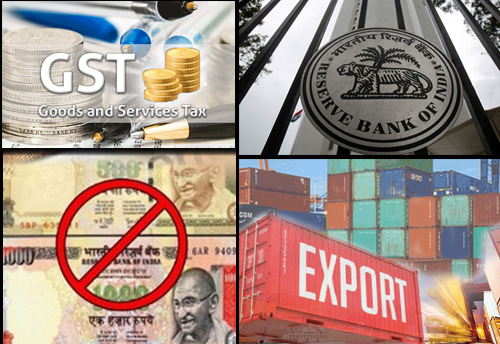
Demonetization led to further decline in MSME credit growth, GST implementation didn’t impact overall MSME credit much: RBI Study
New Delhi, Aug 17 (KNN) Demonetisation led to a further decline in the already decelerating credit growth of the MSME sector, while GST implementation does not seem to have had a significant impact on overall credit to MSMEs, noted a study conducted by Reserve Bank of India (RBI).
RBI conducted a study ‘How have MSME Sector Credit and Exports Fared?’ which assesses the recent credit dynamics and export performance of Micro, Small and Medium Enterprises (MSMEs).
The study pointed that the growth in credit to MSMEs has recovered since the lows of late 2017 to reach the mid-2015 level. Micro credit to MSMEs, including loans by banks and non-banking financial companies (NBFCs), shows a particularly healthy rate of growth in recent quarters.
In contrast to credit growth, MSME exports appear to be affected more by GST implementation vis-à-vis demonetisation.
The study noted that, “The MSME sector has witnessed two major recent shocks, viz., demonetisation and introduction of goods and services tax (GST).”
Citing example it elaborated that the contractual labour in both the wearing apparel and gems and jewellery sectors reportedly suffered as payments from employers became constrained after demonetisation.
Similarly, the introduction of GST led to increase in compliance costs and other operating costs for MSMEs as most of them were brought into the tax net.
According to a survey conducted by SMERA Ratings Ltd, “More than 60 per cent of respondents felt that their systems were not ready for the new tax regime.”
A study by Small Industries Development Bank of India (SIDBI) indicated that post-demonetisation and post-GST introduction, the relative credit exposure initially declined for most MSMEs but had recovered fully by March 2018.
During demonetisation, many smaller districts, which were witnessing higher growth, felt greater shock compared to larger centres.
Sectors such as manufacturing and construction were reportedly most affected by implementation of GST and demonetisation; however, both these sectors are showing signs of improvement, according to a World Bank report.
Demonetisation and GST are expected to be positive in the long run with growth in digitisation, enhanced ease of doing business and creation of database of transactions which would facilitate better access to finance and improve the medium- and long-term growth prospects of the sector.
These structural reforms, however, might have disrupted the performance of MSMEs in the short run, said the study.
A major obstacle for the growth of MSMEs is their inability to access timely and adequate finance as most of them are in niche segments where credit appraisal is a major challenge.
According to International Finance Corporation (IFC) estimates, the potential demand for India’s MSME finance is about USD 370 billion as against the current credit supply of USD 139 billion, resulting in a finance gap of USD 230 billion (equivalent to 11 per cent of GDP) in comparison to a finance gap of USD 5.2 trillion (19 per cent of GDP) for the group of developing countries.
The study pointed that, “MSMEs face constraints in accessing credit through formal channels because of their nature of operations. About 97 per cent of MSMEs operate in the informal sector.”
The challenges faced by MSMEs in accessing finance are due to lack of comprehensive formal documentation relating to accounts, income and business transactions. As a result, loans are provided to the MSMEs mainly through appraisal of their collaterals rather than assessing their true business potentials, the study said.
Further, the RBI study pointed the Biswas 2014 report that the banks do not trust start-ups, view such loans as risky and thus do not prefer extending finance to MSMEs.
All these observations suggest that there could be potentially large long-run benefits from formalisation of MSMEs.
The study stressed upon the measures taken by the RBI to provide some relief to the MSMEs like providing an additional 60 days for repayment of dues, RBI advised banks to use the facility of providing ‘additional working capital limit’ to their MSME borrowers, it announced relief measures for GST-registered MSMEs with aggregate exposure of less than Rs 250 million and more.
Among various items of MSMEs exports, gems and jewellery, carpets, textile, leather, handlooms and handicrafts items are highly labour intensive and depend heavily on cash for working capital requirements and payment towards contractual labourers. Hence, export shipments of these sectors could have been impacted by demonetization the study noted.
The study concluded that the Credit growth in the MSME sector had started decelerating even before demonetisation, and declined further during the demonetisation phase.
In contrast, GST implementation does not seem to have had any significant impact on credit.
Overall, MSME credit and especially micro credit to MSMEs, including loans by banks and NBFCs, shows a healthy rate of growth in recent quarters. During the quarter April-June 2018, bank credit to MSMEs increased on average by 8.5 per cent (y-o-y), mirroring the level of growth during April-June 2015, with credit to micro and small enterprises growing at an even healthier rate.
In contrast, MSME exports were affected more adversely by issues relating to GST implementation than demonetisation due to delay in refund of upfront GST and input tax credit affecting cash-driven working capital requirements, the study concluded. (KNN Bureau)

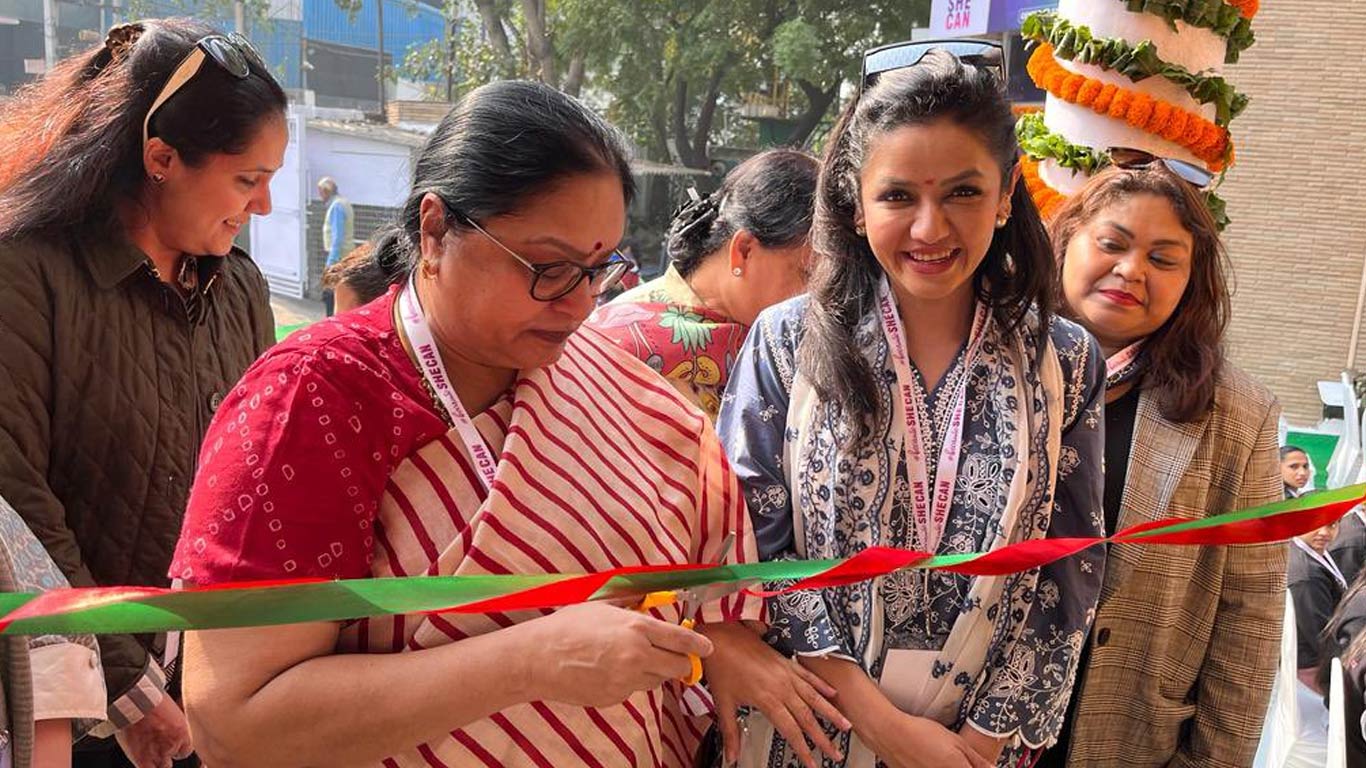
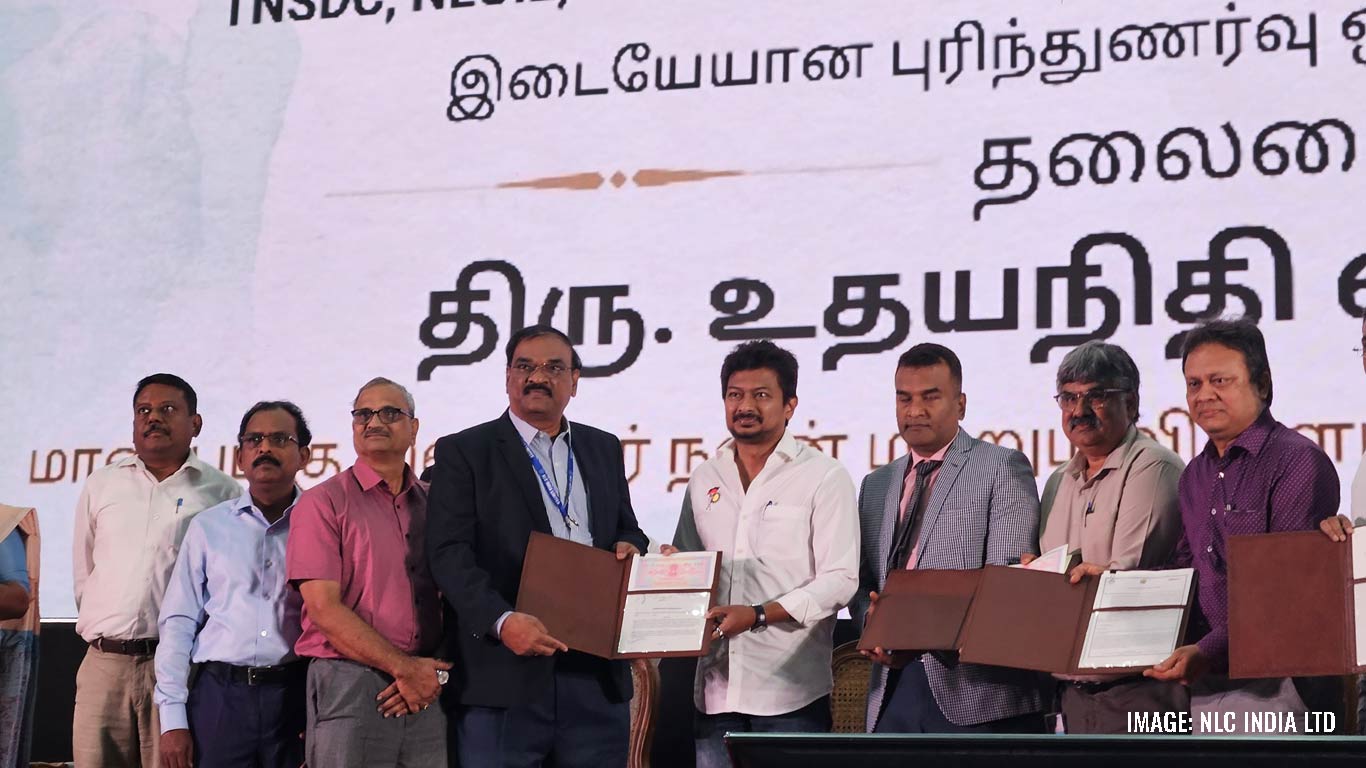

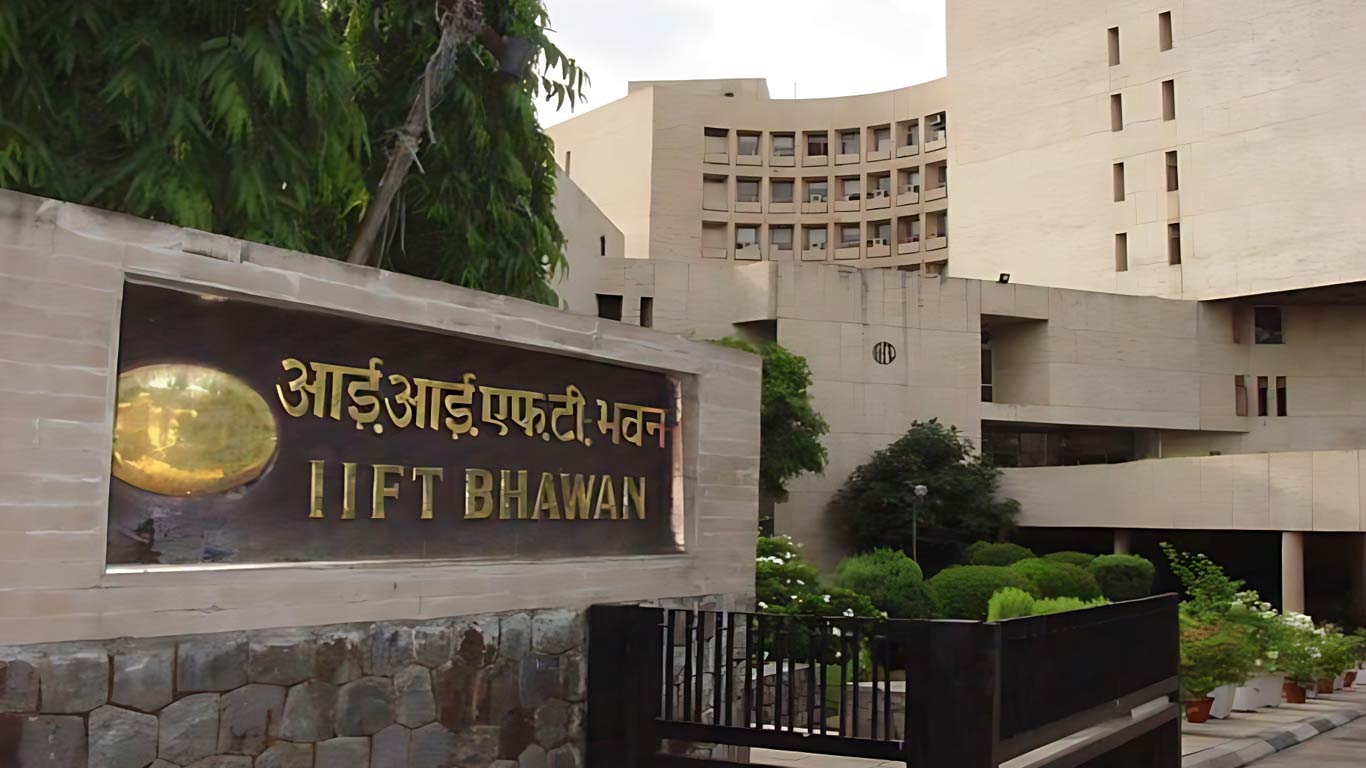
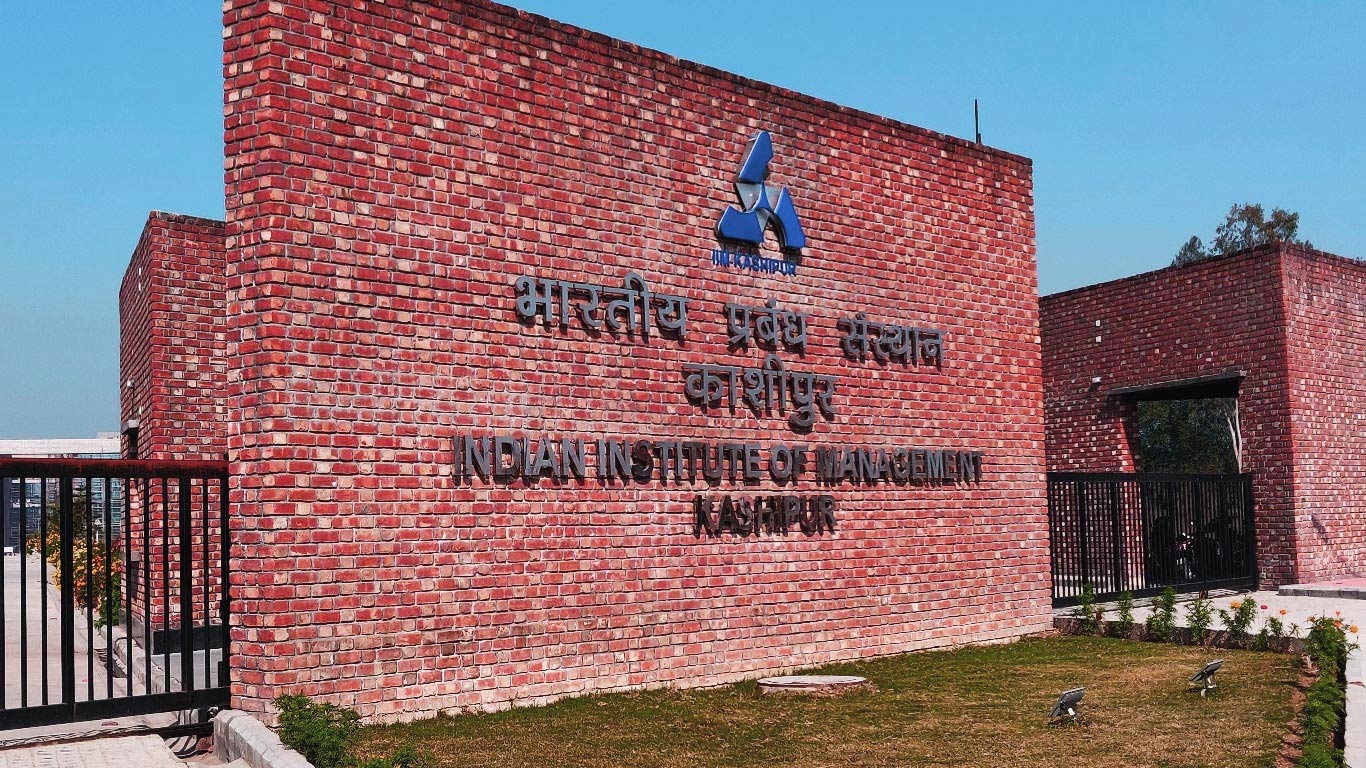





